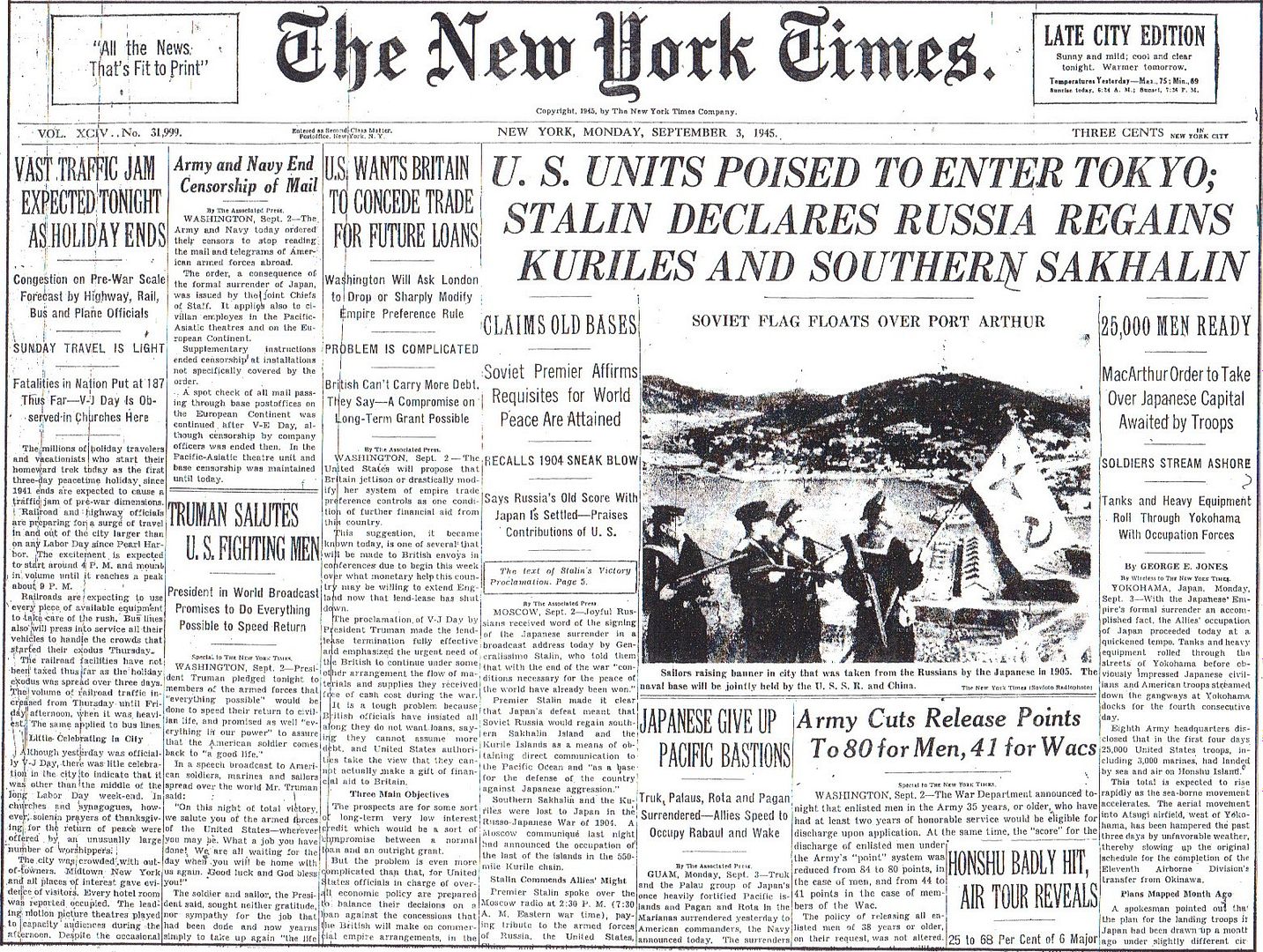
Posted on 09/03/2015 4:59:55 AM PDT by Homer_J_Simpson

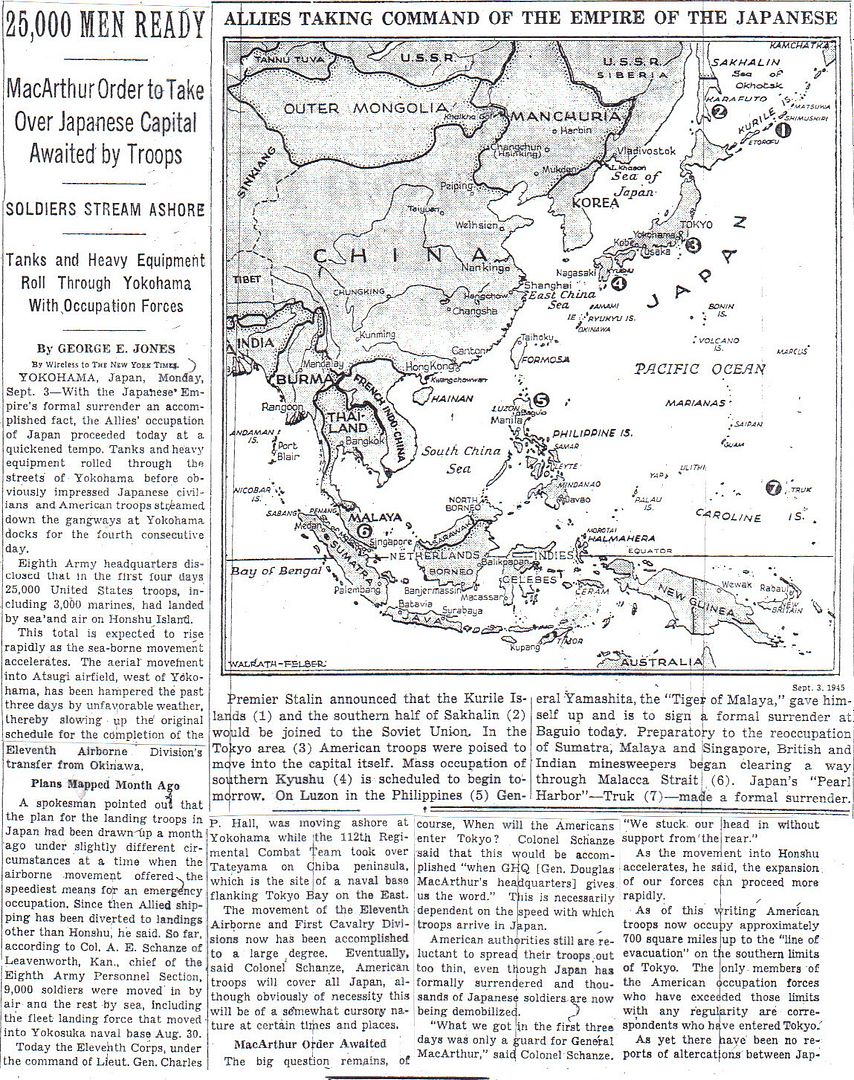
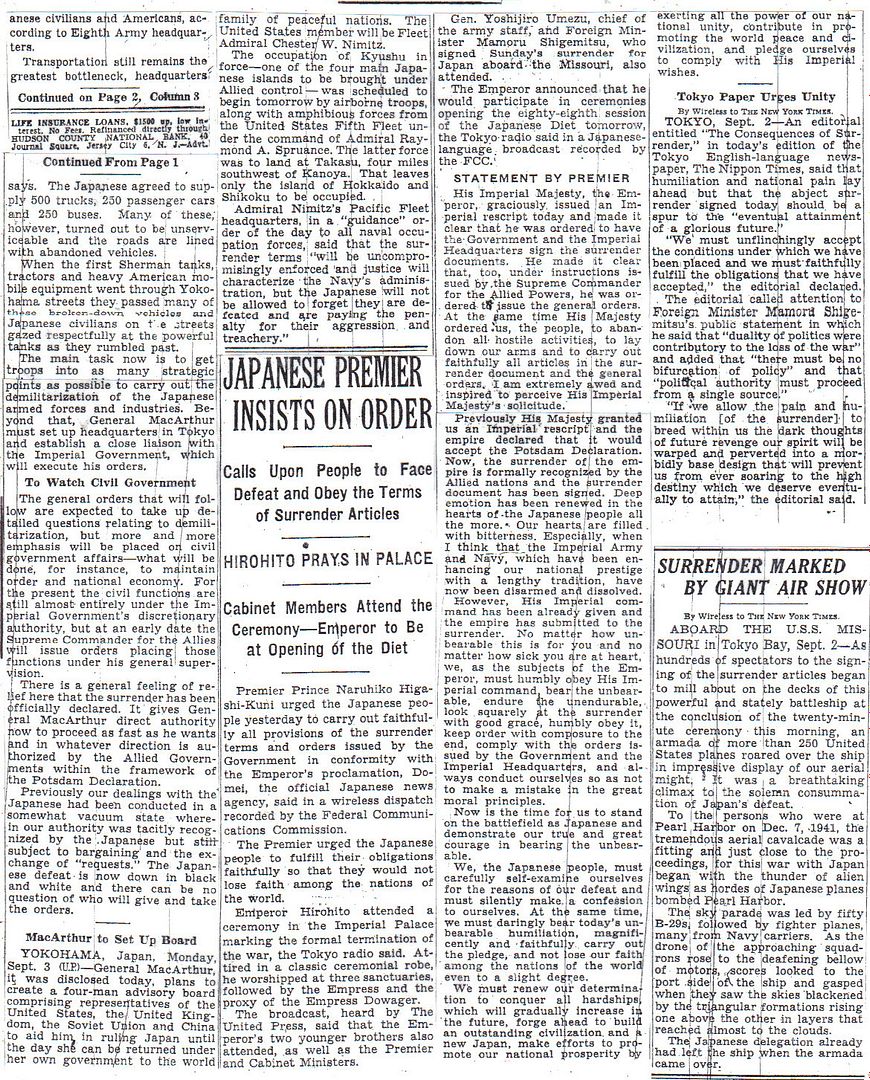
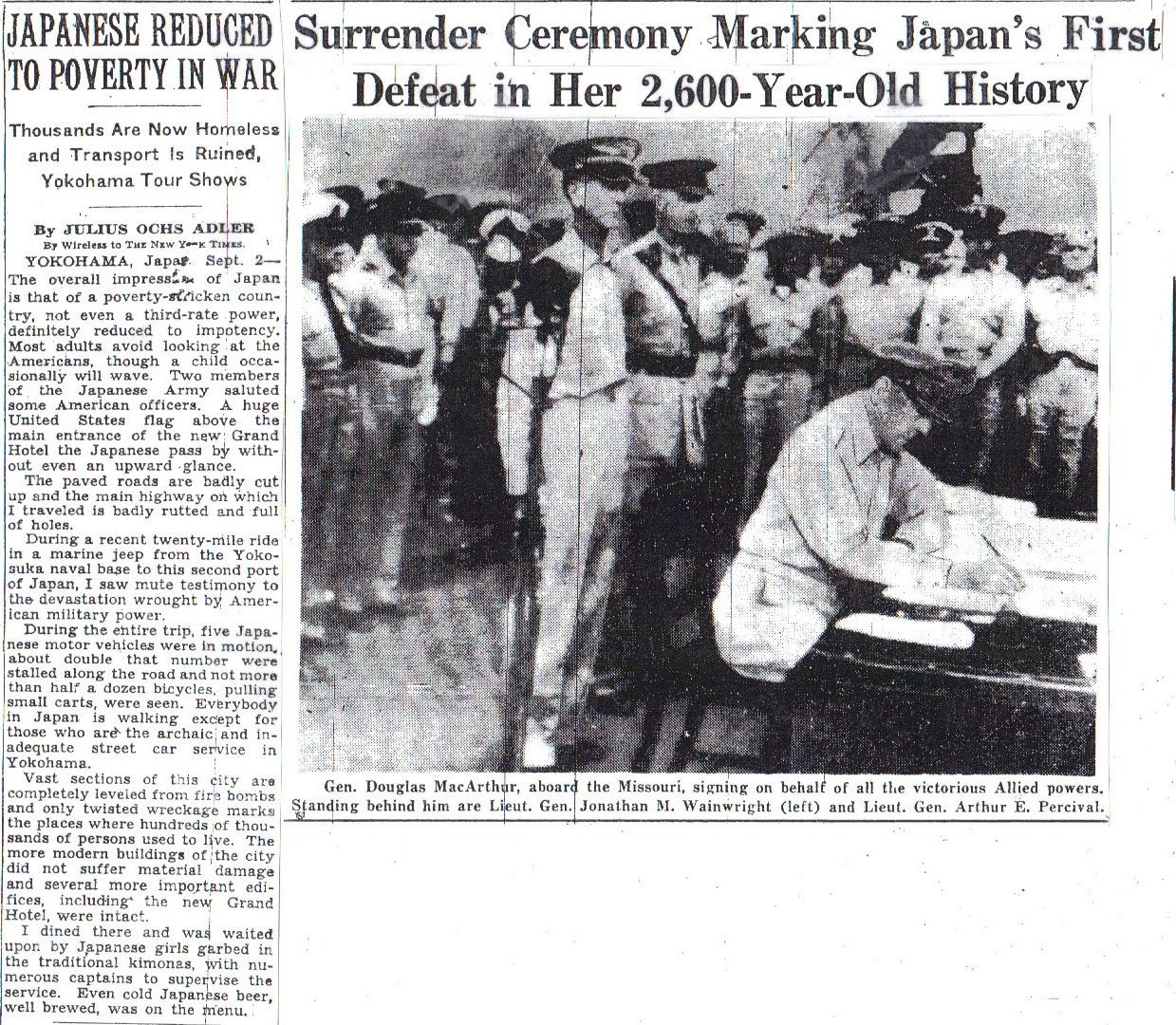
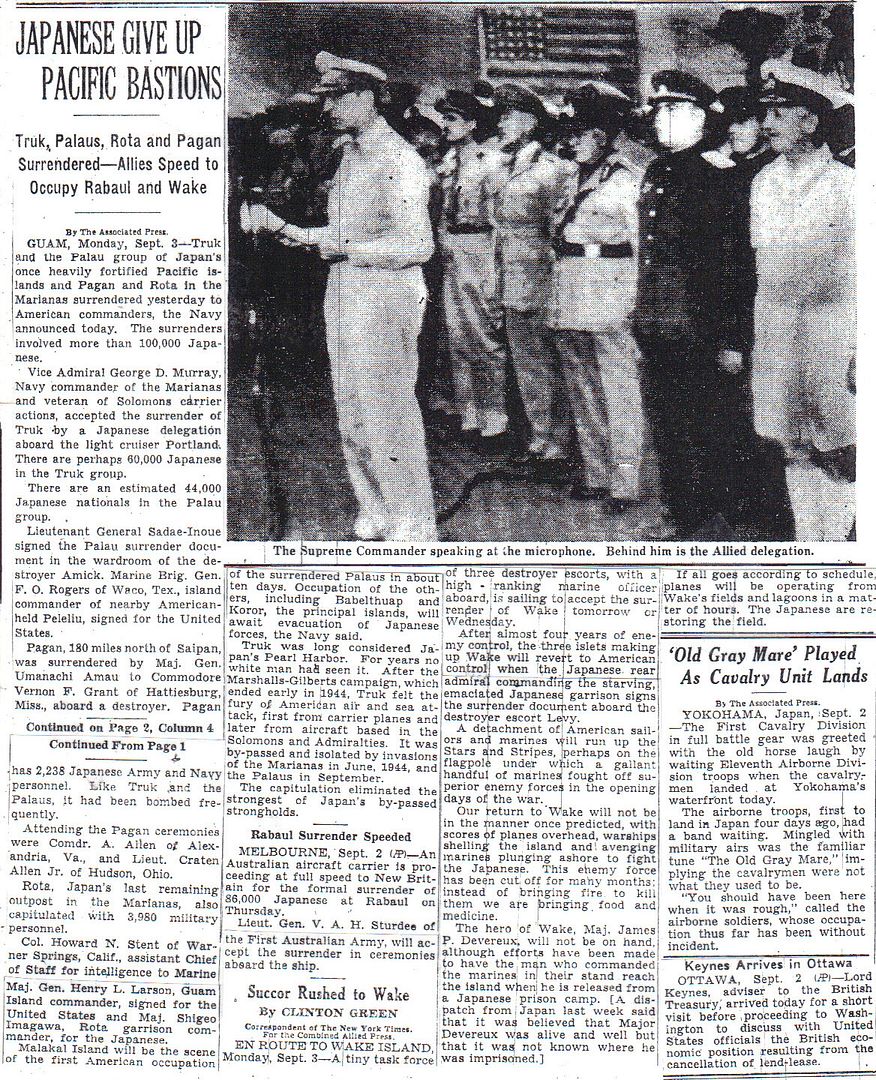
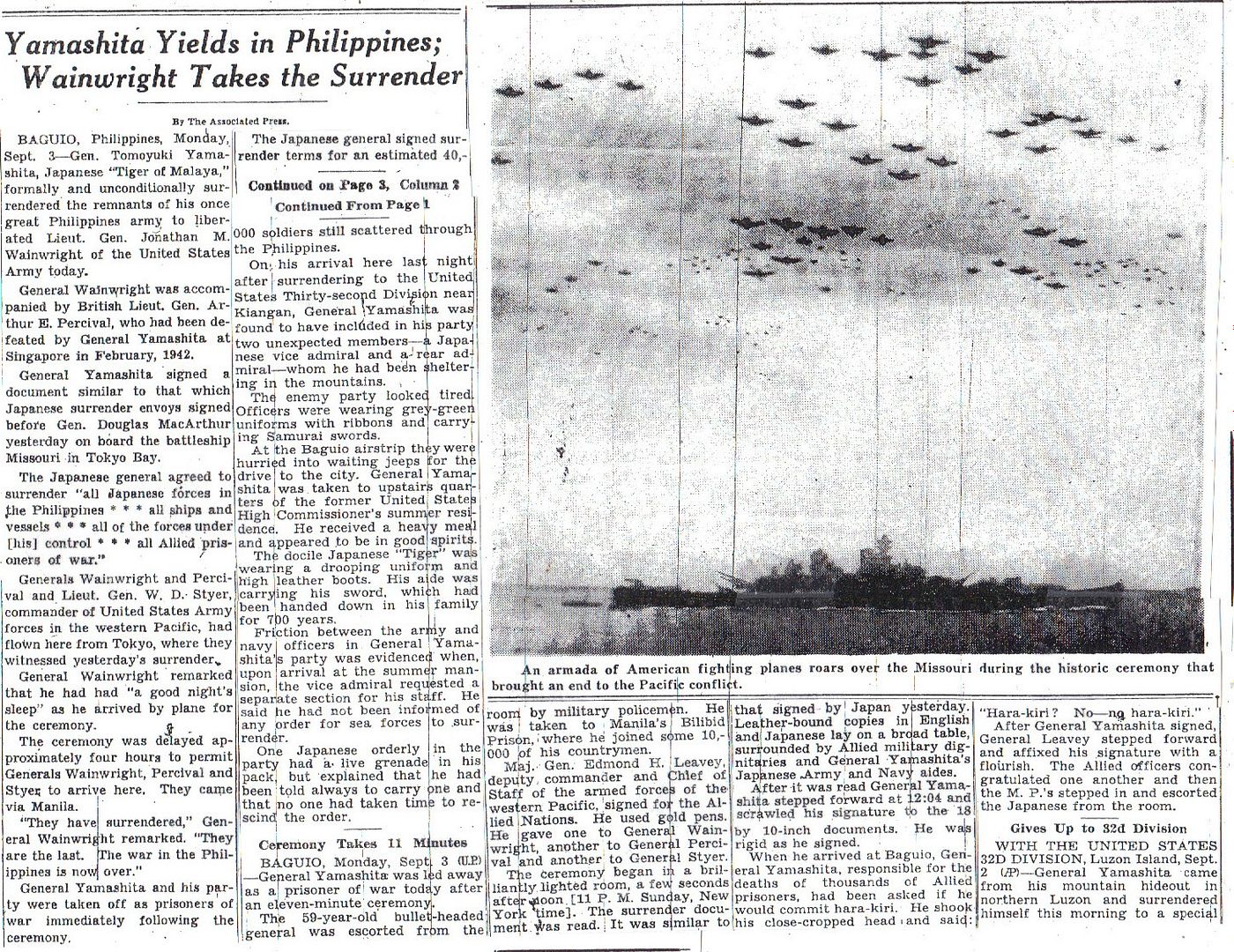
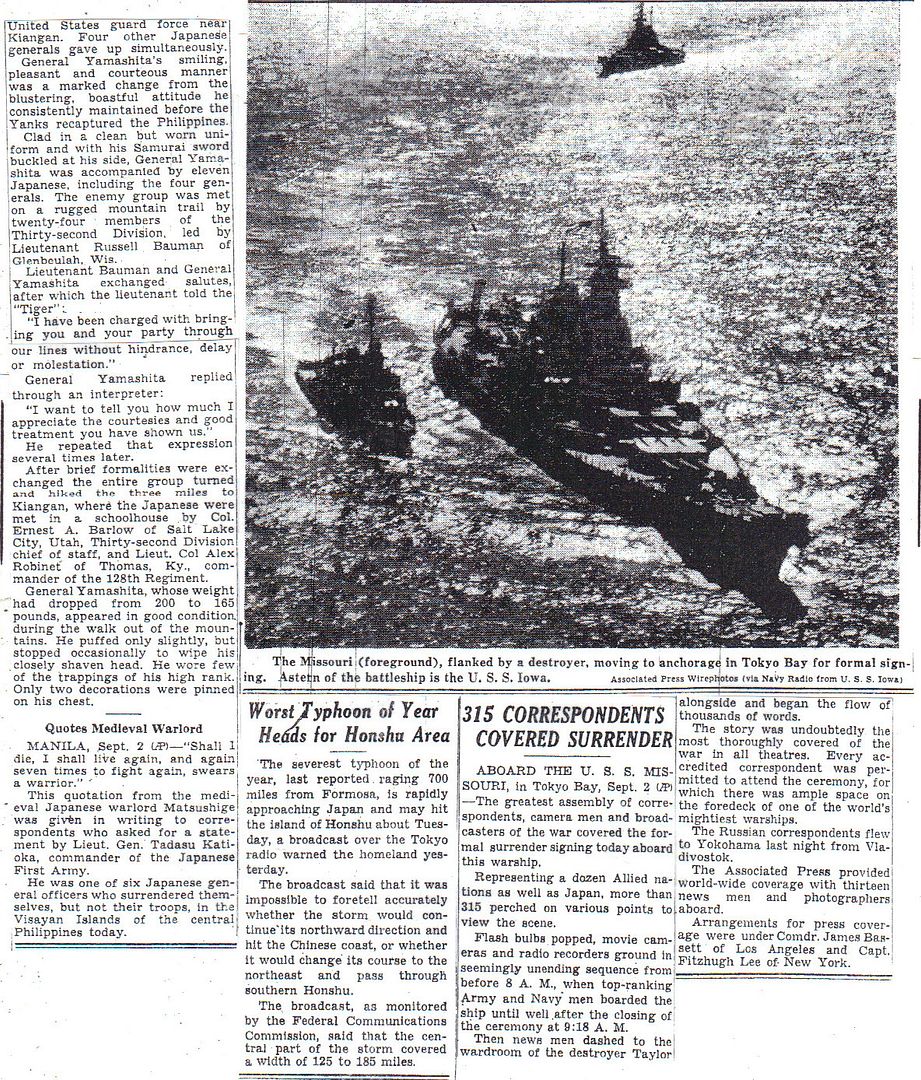
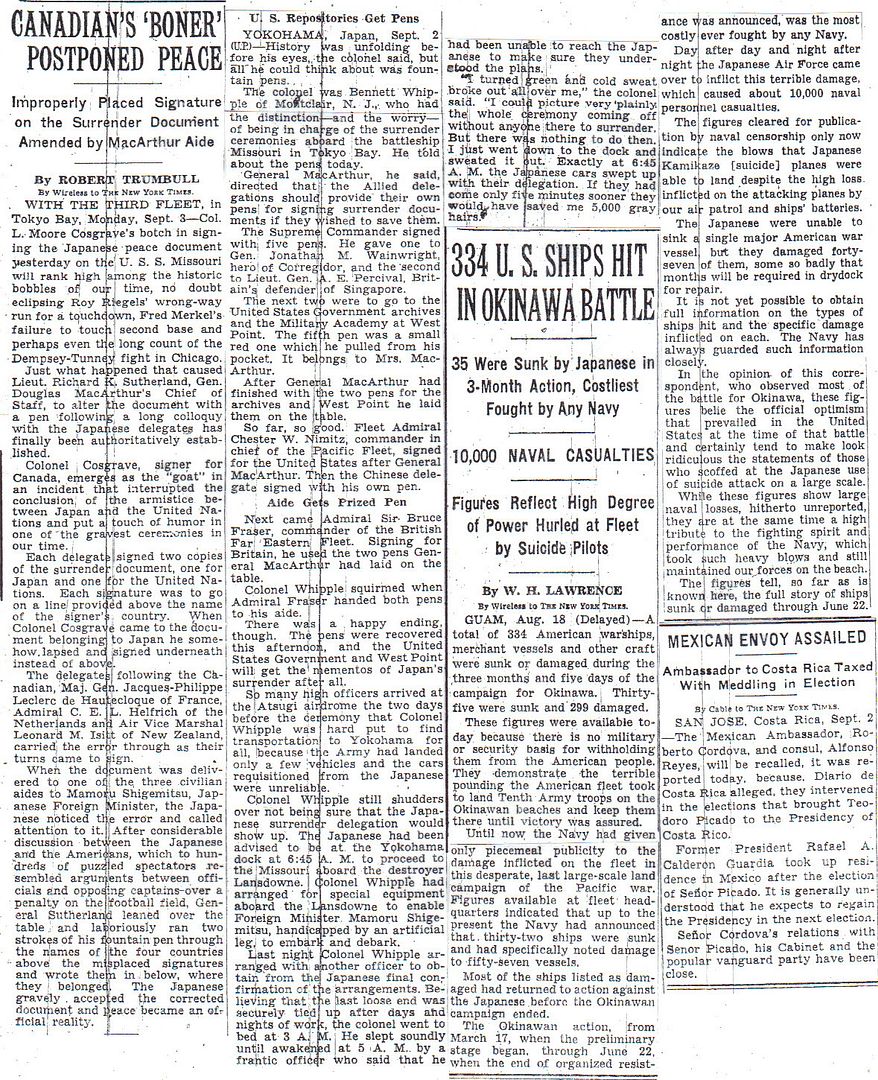
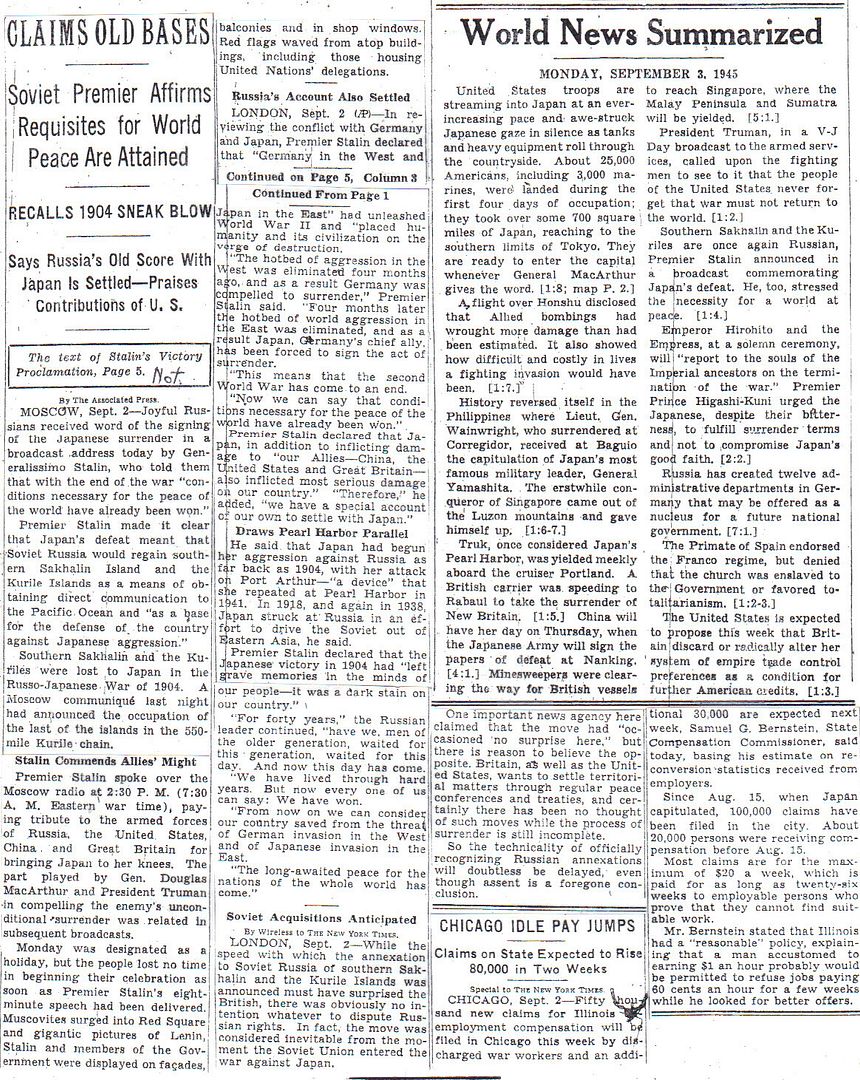
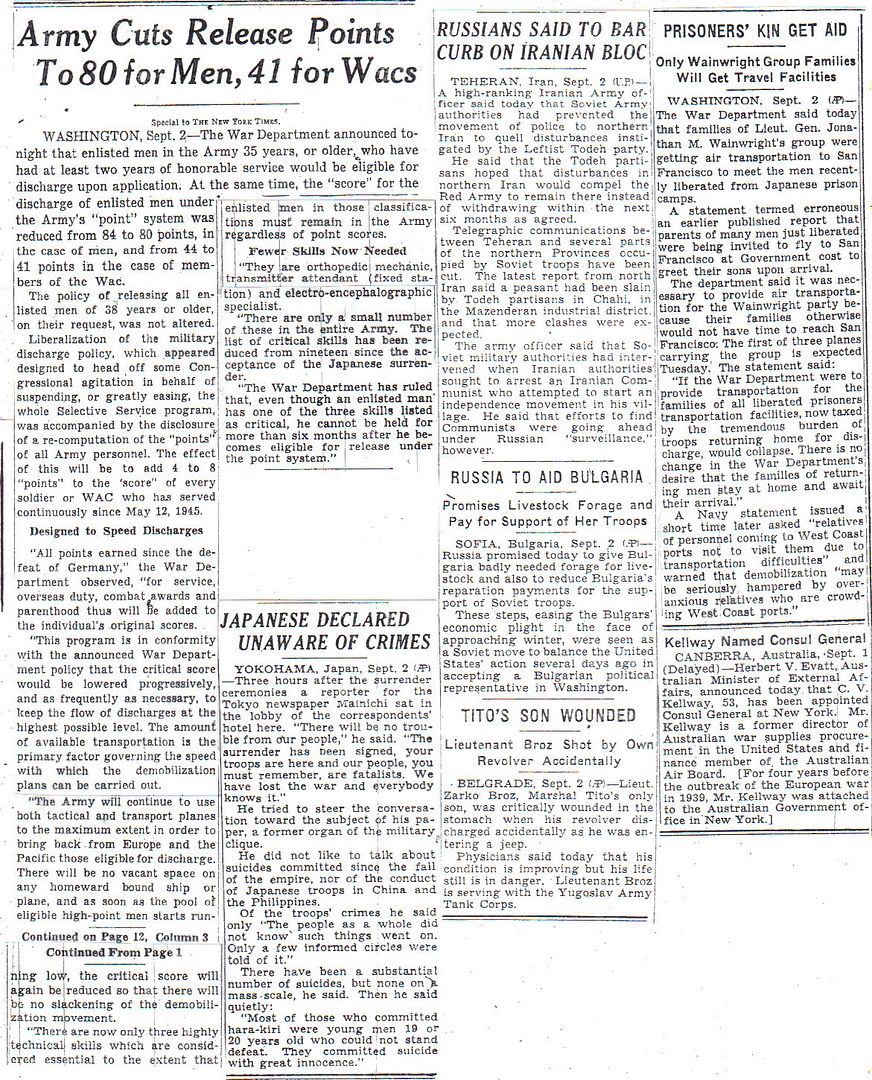
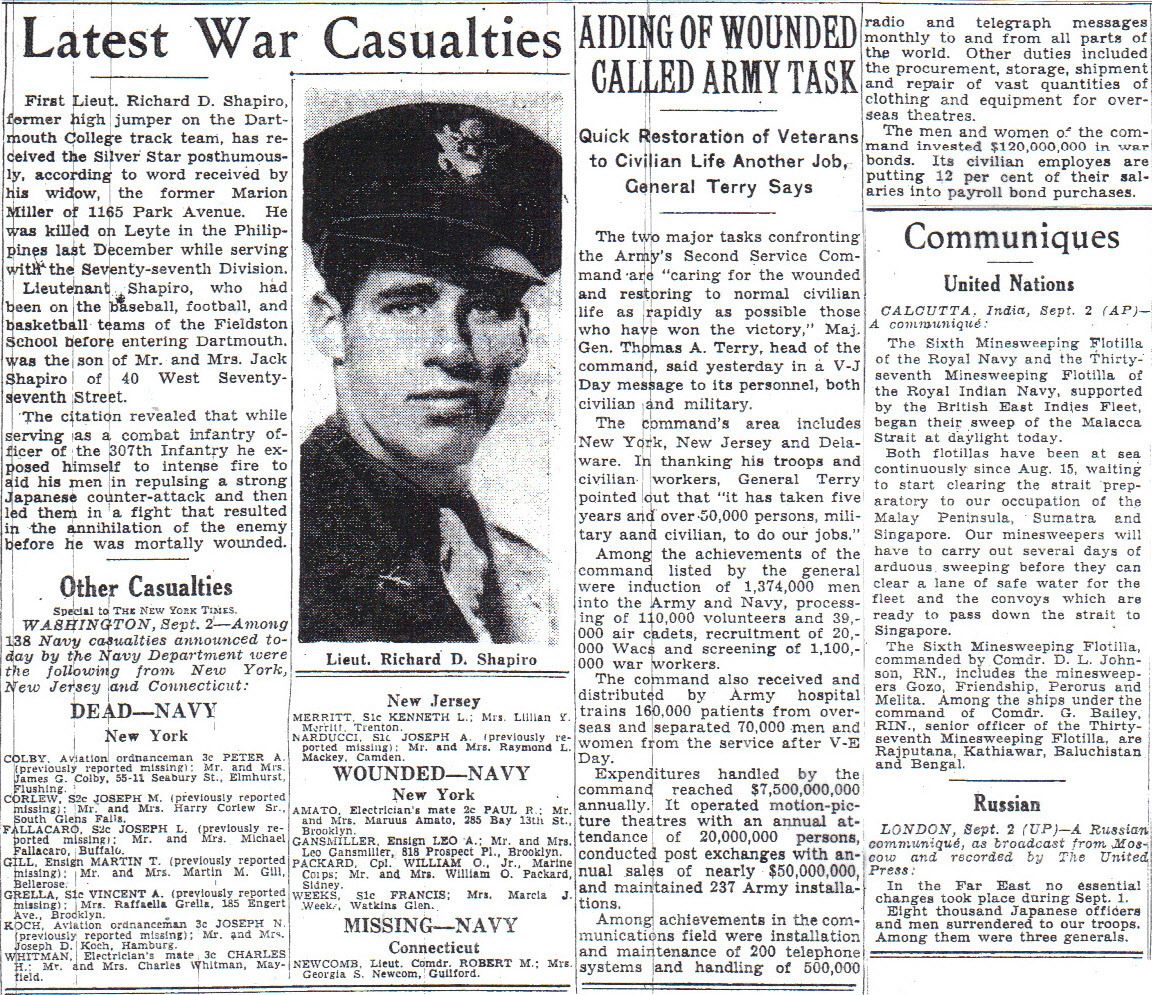
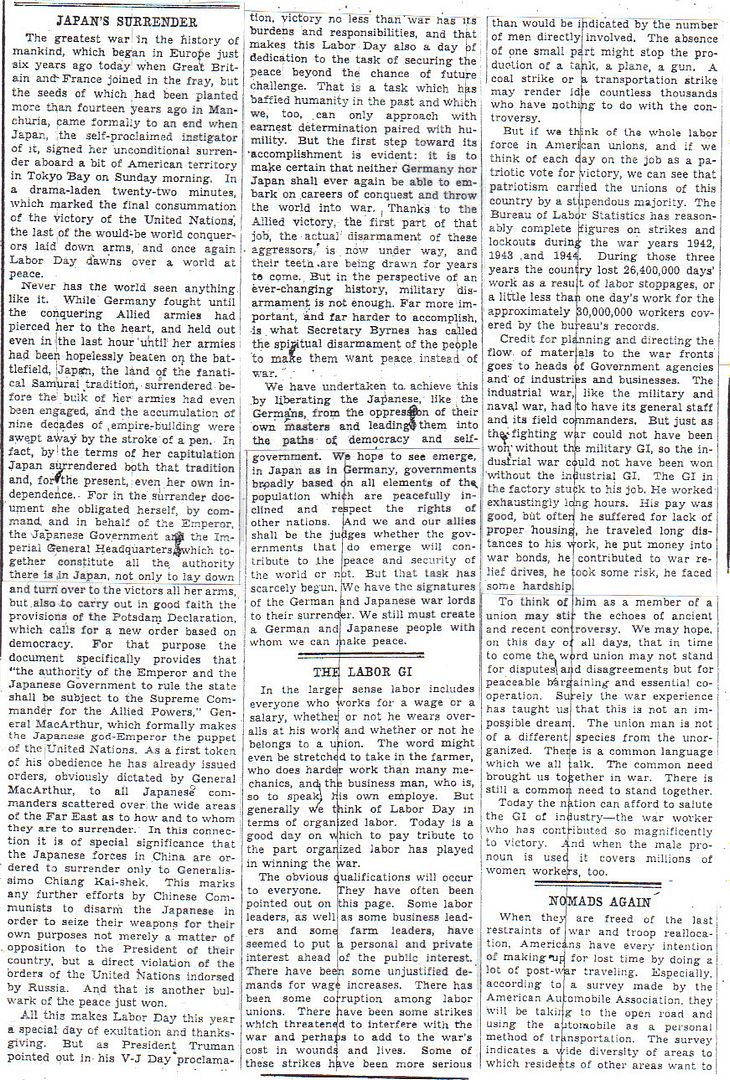
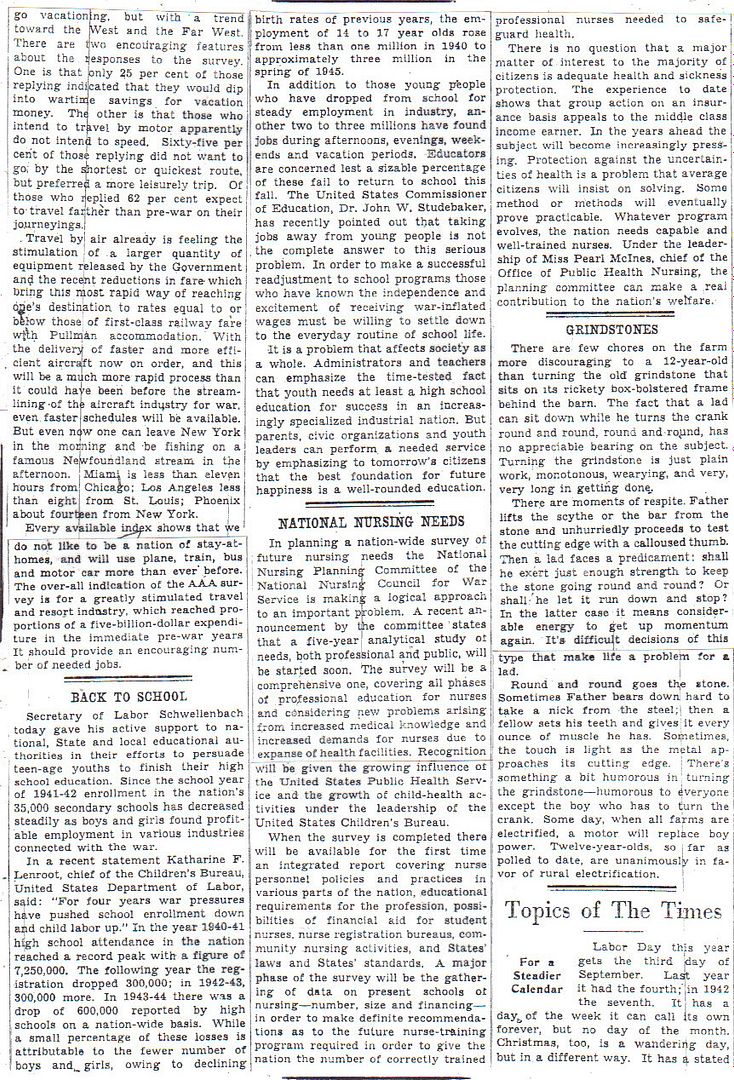
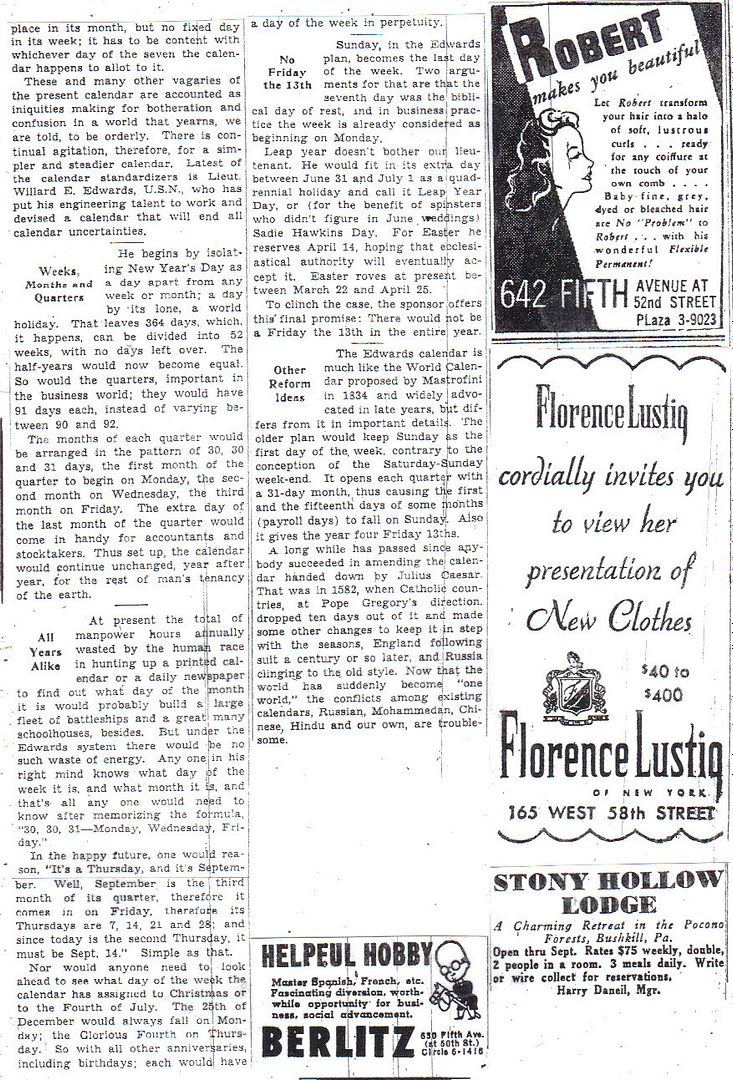
And but for Merkle’s Boner the Cubs wound not have won more than one world series in all their gloried history. A “what if” that violates Henkster’s Law because it involves Merkle not being Merkle.
As for the “next great war being the last great war,” I tend to agree, depending on how man attempts to fight it. If we decide that the war will be an application of as much killing force as possible, it will indeed be the last great war. Given the increasing cycle of brutality that seems to take hold in every war, as the stakes of victory and defeat grow higher, a “great war” will become a total war. I didn’t go into this in any detail in my post, but I believe that even without using the crude destructive power of nuclear weapons, military technology has become so unerringly lethal with computerized killing systems that no human, soldier or civilian, could survive very long above ground, and maybe not all that long below ground, either. Until now there has always been some random element in warfare whether a bullet or shell has your name on it. Most had no names at all.
It has gotten to the point that now, every bullet has a name on it.
I would have to think that there was no original footage of Merkle’s Boner, since it was 1908. Any motion picture had to be a recreation. As for a photograph, there were probably photos of the game but it would have been an incredible stroke of luck to get any of the event itself. Sports action photography was still in its infancy.
And I want this part of the thread to continue as long as possible because I don’t think I will have the chance to type “Merkle’s Boner” this many times ever again.
"Following Nazi Germany's surrender on May 8, 1945, an estimated 11 million Europeans -- specifically non-German and non-Austrian nationals -- remained uprooted from their home countries.
They were classified as 'displaced persons' (DPs) by the Allies and the United Nations Relief and Rehabilitation Administration (UNRRA), which had been founded on November 9, 1943, to deal with anticipated DP issues.
"Seven million of the DPs were in Germany.
During the war, the majority of these people had been brought to Germany to work for the Third Reich.
About 800,000 Poles alone had been conscripted for labor by the Nazis.
Still others, including approximately 200,000 Jews, were recently liberated inmates who had survived Nazi camps and death marches.
"By the end of 1945, more than six million DPs had gone back to their native lands, but between 1.5 and two million of them refused repatriation.
The non-Jews who did not want to return home were mostly Poles, Estonians, Latvians, Lithuanians, Ukrainians, and Yugoslavians.
In some cases they feared political reprisals for their Nazi collaboration; in other cases they dreaded persecution by Eastern Europe's Communist regimes.
"For Jews, returning home was scarcely an option.
Their families had been annihilated, their communities destroyed, their property confiscated.
If these Jews did try to go home again, their arrival was often greeted with hostility and physical violence from former neighbors.
"For the most part, the concept of 'home' no longer existed for Jewish DPs.
Instead, they found themselves in grim DP camps on German soil (such as the one pictured at Zeilsheim).
Most of these places were enclosed by barbed wire, overcrowded, and situated in former labor or concentration camps.
Many Jews were harassed or assaulted by former Nazi collaborators.
Jews hoped for immigration opportunities that would take them to destinations such as Palestine or the United States, but until then they endured daily drudgery and tension.
"Jewish chaplains in the U.S. Army, such as Rabbi Judah Nadich and especially Rabbi Abraham Klausner, worked tirelessly on behalf of Jewish DPs.
They successfully encouraged the Allied authorities to establish all-Jewish DP camps, where conditions for the Jewish DPs improved.
Feldafing, which housed about 3,700 people, was the first of these places.
Jewish DP camps at Landsberg and Föhrenwald sheltered another 5000 Jews each.
In the American zone of occupation, a dozen DP camps were maintained exclusively for Jews by the end of 1945.
"By 1952 most of the Jewish DP camps had closed, although the one at Föhrenwald operated under the supervision of the democratic Federal Republic of Germany until early 1957.
Before the Jewish DP camps finally were emptied, nearly 250,000 Jews had lived in them."
I suppose this will be the last of your unforgettable posts. Another reason to regret the end of this project. So of the 250,000 Jewish DPs, how many went to Palestine and how many to the United States?
I know Merkle’s Boner was covered in Baseball, but I’ll have to go back and review that. Burns was a master at fading in and out of still photos and with voiceover making you think you were seeing a movie.
As a sports fan and history buff, Burns series was very well done. It’s been a long time since I’ve seen it.
I wish I had been to some baseball games in the old stadiums of the 1930s and 1950s, a Golden Age for baseball. And gone to a few Indy 500s then, too. Just to get a different feel for a sports event in that era. I went to Wrigley Field last week for a Cub game and yes, it’s still Wrigley Field...but it’s not, if you know what I mean.
Sorry, I misunderstood and thought I had months left to finish up the Holocaust Chronicles.
Admittedly, the Holocaust itself is long over, but there are results & repercussions which reverberate for 70 years and certainly beyond, not the least of which is the Jewish Declaration of Independence on May 14, 1948.
henkster: "So of the 250,000 Jewish DPs, how many went to Palestine and how many to the United States?"
Over the following years, about 400,000 European Jews settled in the new state of Israel, of whom about 136,000 had been officially registered as "displaced persons".
Tens of thousands of others settled in countries like Belgium, Britain, France & Canada.
The US was late in allowing European refugees to settle here, but by 1950 laws passed allowing for 400,000.
Of those, 137,000 were European Jews.
I do not have an essay prepared, but I do have some random thoughts.
1. First and foremost, I want to thank Homer from the bottom of my heart for this herculean task. I have learned so much and have so very much enjoyed the discussions. I owe you quite a debt of gratitude, Homer.
2. I want to thank you, henkster, for taking the time to post your thoughtful and incisive essays. You are certainly on Homer's tenured faculty.
3. Perhaps the most valuable lesson I learned in this day by day approach is just how slowly wars develop and are fought. With rare exceptions, like the Normandy Breakout or Operation Bagration, war is a daily grind.
4. I also learned from the day by day approach just how grim this war was for our side for such a long time until oh so slowly things began to turn around in 1943, especially if you followed the war from 1939. I did not find these threads that early, but one of the first things I did after finding Homer University was to re-read Churchill's history of the early years and especially Britain's time Alone. I don't know how they did it but the West owes Winston and the British people a great debt of gratitude.
5. I am grateful for henkster's patient tutelage of the class on the history of the Eastern Front. I came to class already believing the war in Europe was essentially won in the East, but I didn't know the half of it. For example, I had a notion that the Battle of Kursk was decisive, on a par with Stalingrad. I now believe the Germans might have pulled off a victory had Hitler not called the offensive off, but in my opinion that only would have postponed the inevitable. And by that stage of the war, Stalin would not have negotiated a peace with the Nazis; he had his eye on much bigger prizes.
6. Shoot, you could make an argument the Cold War began in 1939, with the Molotov-Ribbentrop Pact. Almost unnoticed in the West, Stalin gobbled up Eastern Poland and the Baltic States. Once the Sov's defeated the Nazis at Stalingrad and Stalin came to believe he could beat the Germans by himself, it became apparent he would never give those territories back.
7. I came to appreciate much more just how doggone miserable the New Guinea and Solomons campaigns were and how prolonged they were. It was fascinating to compare the actual events to Homer's dad's letters home. As the 32nd Division was fighting in awful conditions, you would think that Homer's dad was just being occasionally inconvenienced by some rain showers. I'll bet all the letters home by Mauldin's beloved guys in the foxholes were like that.
8. I came to know and appreciate henkster's law, and not just for an occasional gag. We have on many occasions discussed the forces shaping the great decisions on both sides of the war and in that context possible alternative histories. It is really hard to see how this titanic struggle could have turned out differently in the end.
9. Was this the last large-scale war? Sadly, I don't think so, because mankind has never been able to live without war. I think of 1815-1914, ninety-nine years of no "world" war. During that time Europe transitioned from an agrarian, rural society, to an urban, industrial society, making enormous advances in science. I dare say if you took an ordinary person from 1815, who would have been a farmer or rural laborer, and placed him a large 1914 city he wouldn't know how to cope. New York today would be more recognizable to the ordinary 1914 citizen. My point is, 1914 Europeans thought they had created an advanced civilization where there would be no more great wars, but would have continued advances in standards of living and science and technology without the scourge of war. But almost by accident they fell into the hellhole of 1914-1945. We are only seventy years out from that great conflict. There is plenty of time in some future for some country or countries' leadership to forget the lessons we have studied and tempt fate again. I am glad it is very unlikely I will see it but I worry for my children and grandchildren. We must never allow another country to have a military stronger than America's. Seventy years later, America is still the indispensable nation that can prevent another great war. May we soon have a new President who understands that.
Thanks for one last post, Joe. Enjoy is not the right word for how I experienced your posts, but I always appreciated them. We should never forget what happened.
But that was in the 1960's, when football was slowly overtaking baseball. The Chiefs came to town in 1963 and won the Super Bowl in 1970, taking the town by storm.
I’m having a meltdown right now ... Hey, Snake! We need more wine! ... but I will read everyone’s well-thought-out comments when I’m in shape to appreciate them.
Thank you, Homer for all your efforts, and I appreciate everyone’s kind attitude to the lone girl in class. I didn’t feel microaggressed at all!
Homer:
Thank you, thank you, thank you for all your work.
Harbingers
(From Normandy)
Frail, old men with weathered hands stand,
Alone, lost on the wide sandy beaches,
Each turning back his rusty mind clock
Piercing the veil of memories
When they were young, anxious and terrified,
Boy-soldiers in battle fighting for their lives,
Experiencing the gamut of fear and death
Watching friends died horribly,
Scarring their young minds.forever.
Blue beaches murmur waves
Splashing old, rusted war remnants.
A sea bird flaps wet beaches
Where the sea swells and crashes gently on wet sand,
Retreating back erasing all footprints.
The men stare the distance,
At blurred memories through tears.
Trickling down their cheeks dripping softly,
To merge with the sea like before.
They came to say good-bye to their friends,
To a confused past which has no answers.
The graveyard crosses watch in stony silence,
Stoically from tree shadows on soft meadows,
In eternal military formation fronted by small, flags,
Wind-shivering in the hush of silence.
Marching the stillness in quiet precision
Protecting the young soldiers buried there,
Frozen in time and death
The old veterans stand awkward, unsure with the dead.
Experiencing those familiar, dreaded, sick feelings
Of remorse, regret, blame, and fault for what happened
To their generation who gave so much for their country.
They have gathered one final time
To share history, blame and guilt for all eternity
Banding together as one, they embrace the moment,
Experiencing once more, this terrible place of
memories.
And the same salt sea air, still blows up from the beach
Once inhaled in panic by all the young fighting men
Mired in the beach mud conducting the senseless slaughter of children,
Trapped forever in the obscenity and vulgarity of war,
The pain returns for a moment, overwhelming them,
It hangs suspended, as real as yesterday, then drifts away and mellows away.
Now time, history, and denial blessedly blur the horror and inhumanity
Of what they did; of what was done to them.
The War President from America
Mounts the podiums to prattle the virtues of war,
Attempting to rewrite history, to deny war’s reality,
He exploits the moment for selfish means,
To justify his war as a noble cause, ignoring its brutality,
Thoughtlessly attempting to validate, substantiate, and authenticate,
War’s vicious crimes against civilization
Turning the senseless slaughter of innocents
Into a righteous cause, to be proud of and condone..
Turning war into a sound-bite of empty words
Of praise, blessing, glory, and accomplishment.
Something to be proud of, to revel in,
To relish with sacred, biblical rhetoric
From a shallow, self-centered political opportunist.
Whose meanings and oratory become quickly lost,
His words floating away with the wind, out of relevance, out of touch
Out of context, drifting, beyond the restive crowds.
To fall useless and disappear, in the cold, impassionate mud.
Falling deaf on the ears of the dead warriors
The ultimate, wasted sacrifice, from another generation
It is at this moment, the old veterans
Eyes mist up, overflow, and tears flow shamelessly
As they at last comprehend all their sacrifice, all their pain,
All their sorrow, all their suffering, all the death,
Did not change or alter a thing, was not a lesson learned
Nor an experience not to be repeated..
Realizing their friend’s painful, brutal, ultimate sacrifice
Was only a necessary evil of Mankind’s political process
Which has never changed, and never will,
For each generation brings anew to the world
Its own self-styled madness of universal death, tragedy and suffering,
In wars to be fought by the young, bright-eyed children of the world
Unknowingly raised as sacrificial lambs of slaughter,
To be killed and gone forever, for nothing.
That is why, all Veterans cry.
In this hallowed place of the dead
The lonely graves of war’s youthful victims
Who died for a thought,
an idea, for a cause
Promulgated by selfish, insane men in power
These war graves and cemeteries are Harbingers
Of the eternal, mindless death cycle of war.
Young men killed by politicians’ words and mindless acts,
Their promise and existence forever ended too soon.
Now, forever sleep beneath the green muffled grass
Sharing the earth with the youth and victims of past wars,
Too numerous to count, to numbing to contemplate,
The dead, as powerless and impotent as the now living
To change or alter, or detour the inexorable course of madmen,
They patiently wait for the next generation to join them.
Curtis D. Bennett
“The Casualties Were Small”
When Winton Aerodrome was bombed
The “Casualties were small”
Just your son, and my son, and little widow Brown’s son,
The youngest of them all.
And your son was your eldest lad,
Handsome and straight and tall.
A model for your younger sons,
Beloved by you all.
And Mrs Brown’s, her youngest boy
Her sole support, and stay.
So like his father, all her joy
Was quenched, on that dark day.
And mine, my only son and pride
So loved and dear to all.
The blast of bombs spread far and wide
Tho’ “the casualties were small”.
May Hill, September 1941
Rocca San Giovanni
It is quiet here now, the valley is silent.
Only the birds and the stream have their noise,
The twittering, bubbling sweet sounds of nature.
Apart from this – silence which nothing destroys.
The smell is a faint one of morning and pine trees,
Of bracken and water, of woodland and stream,
The sight is of rushes, of mill house and lime trees.
The feel is of peacefulness sweet as a dream.
But at one time this valley, this valley of heaven,
Became a most torturous valley of hell.
For the fighting was bitter, the Hun held on grimly,
Regardless of losses, and many men fell.
For the British came north and the silence was shattered,
By rifle – machine gun – trench mortar – grenade.
The Messerschmitt diving bought sickening terror,
The valley vibrated with Death’s serenade.
But the British advanced and the valley was taken,
The fighting moved northward as Gerry moved back,
And the only remains to give proof of the fighting,
Are freshly dug graves at the side of the track.
Again it is peaceful, the valley is silent,
Only the birds and the stream have their noise,
The twittering, bubbling sounds of nature.
Apart from this – silence which nothing destroys.
George Fraser Gallie, November, 1943.
Piper Bill
(The legend of Bill Millin, the D-Day Piper)
The sighing surf on sand abounds, and seabirds call, the only sounds
At break of summers day, and yet, within the hour men will have met
Their destiny as war’s shrill chatter ends this tranquil scene. The clatter
Of machine guns spit their hate, as landing craft nose in to grate
Against the shingle to disgorge their human load who wait to charge
Into oncoming deathly hail, but never faltering, nerves taut, pale
Faced, leaping down into the cold wet breakers, seeking firm foothold.
Struggling forward, arms raised clear to gain refuge ahead, so near
And yet seeming so far away as spiteful guns traverse and spray
The killing ground that lies ahead, already littered with the dead
And dying who would never see this bitter, bloody victory.
Then faintly, through the deafening din, an alien sound is heard, the thin
Melodious wailing cry of highland pipes, though bullets fly
Around him, he is unscathed still. Thus starts the tale of Piper Bill.
Bill, who piped for Brigadier Lord Lovat, raised a special cheer
When, leaving on the previous day, took up his pipes, began to play
“Road to the Isles”, as, leaving Hamble river for this costly gamble,
Lifting spirits of the men, calling, cheered and cheered again,
Who as the Solent slipped away, all knew that on the following day
They’d face their own worst fears and doubts, prayed that when it came about
They would stand firm and conquer fear to face the perils that appeared.
And now, amid the smoke and roar of high explosives, Bill endures
The hail of death, which all around leaves him untouched, while yet the sound
Of “Highland Laddie” fills the air as fingers on the chanter dare
To still defy the lethal storm, this awesome hell in all its forms.
Yet death and wholesale demolition, backdrop to this exhibition
Of the art of Scottish piping, even with the bullets sniping,
Will not quiet this hardy Scot, surviving mortar shell and shot.
He marches at the waters edge, still playing, able still to dredge
From deep within his mortal soul the courage to maintain and hold
Himself upright despite the urge to run for safety, then emerge
When all is still and quiet again, escape the trauma and the pain.
But Bill is made of sterner stuff, clutching his pipes he starts to puff
And fill the bag, then with a squeeze, his hands again with practiced ease
Launch into yet another air, lifting spirits everywhere.
And so the legend now is born, as Bill continues to perform
Beyond this strip of golden sand known as Sword Beach, where many men
Have fallen, sacrificed their all in answering their country’s call,
But in this page of history this part of France will always be
Where Highland Bagpipes did their part with inspiration, and gave heart
To all who witnessed Bill that day, who, when he crossed that beach to play,
With all his great panache and poise, gave the Highland Pipes their voice.
Tony Church
The Ensign and the Plank
You’ve pulled a man from the freezing sea all black with ship’s oil fuel
You’ve cleaned him off, and see his wounds and wondered what to do,
You see the whiteness of his ribs where steam has skinned him too.
The guilt you feel when you look at him feeling glad it isn’t you
And all you have to ease his pain is aspirin and ‘goo.’
You fear to look him in the eye for the question you know will be there
The answer you know is certain death, and there’s nothing more you can do.
You light him a fag, and give him your tot as he looks for the rest of his crew.
Then you lay him out on the iron deck knowing that’s his lot
Briefly wondering if you did aright by giving him your tot.
For the rest of the watch, with a sail maker’s palm with needle and with thread
You sew him up in canvas with the rest of that night’s dead.
With a dummy shell between their feet, making certain that they will sink
You sit and sew till the morning’s glow, amid the mess and stink.
By dawn’s grey light you carry them aft, to the ensign and the plank.
And the hands off watch gather round all bleary eyed and dank.
Then the skipper with his bible says a sailor’s prayer
Our father which art in heaven (we hope you’re really there).
One by one the dead are gone slid from the greasy plank
A second’s pause and then a splash, they sink beneath the main.
The hands go forward, feeling chill, thinking of those that were slain
with a certain knowledge in a while we’ll do it all again.
Each one being still alive, breathes a silent prayer of thanks
Wondering, with a cold dark fear, will I be next on the plank?
Petty Officer Stanley Kirby
That was only due to the wartime microaggression shortage. But we're converting the factories back to peacetime products and stocking up rapidly. We're also developing new models!
Just get me plenty of matches!
Time to quit. You can do it!
Disclaimer: Opinions posted on Free Republic are those of the individual posters and do not necessarily represent the opinion of Free Republic or its management. All materials posted herein are protected by copyright law and the exemption for fair use of copyrighted works.